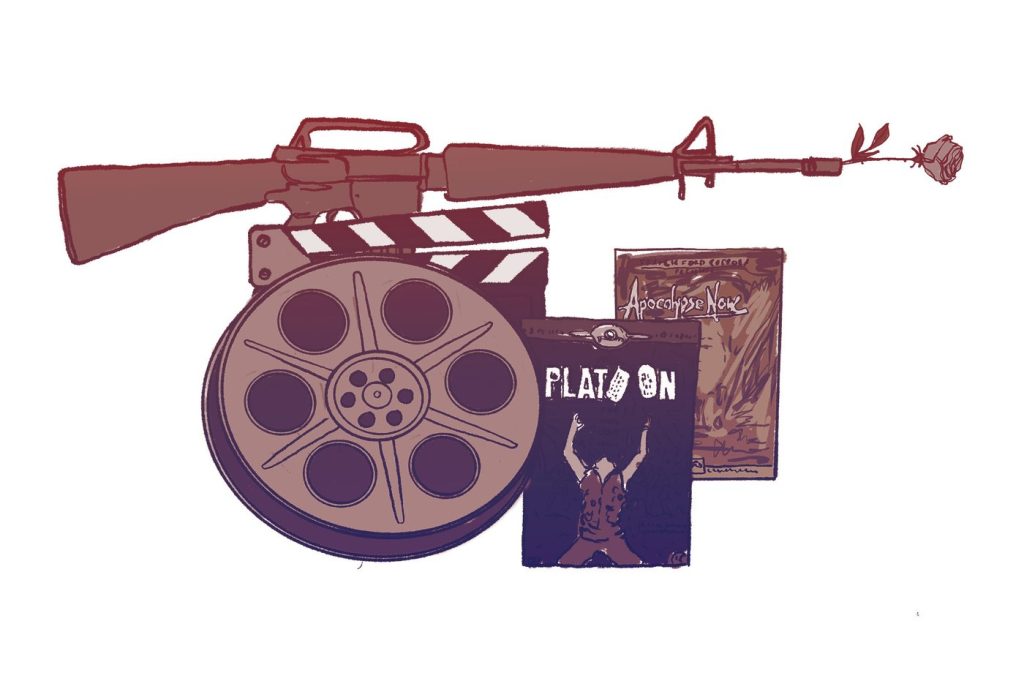The Vietnam War has significantly influenced American cinema over the past fifty years. As filmmakers have grappled with its complex legacy, numerous films have emerged, ranging from poignant anti-war classics to poignant narratives about Vietnamese resilience. This selection of ten films commemorates the 50th anniversary of the fall of Saigon and captures the vast weavings of trauma that continue to resonate from this historical conflict.
One of the earliest films addressing the war is Martin Scorsese's The Big Shave (1967). At merely six minutes long, this short film presents a man’s shaving ritual that escalates into a gruesome scene, symbolizing the futility and self-destruction reminiscent of the Vietnam War. The metaphor is striking, encapsulating the senseless violence that permeated the decade.
In 1974, Vietnam's own cinematic voice emerged through The Little Girl of Hanoi, directed by H?i Ninh. This film follows a young girl, Lan Huong, as she searches for her family amidst the bombed ruins of Hanoi, offering an emotionally charged narrative that blends wartime propaganda with a compelling portrayal of human suffering. The film was recorded during the brutal December 1972 bombings, vividly illustrating the impact of conflict on civilians.
The same year, Hearts and Minds, directed by Peter Davis, sparked controversy upon its release. This documentary juxtaposes archival news footage and interviews from the American homefront with the stark realities faced by Vietnamese civilians, providing a sobering critique of American foreign policy during the war. Its insightful exploration of President Lyndon B. Johnson's assertion that victory depended on winning the "hearts and minds" of the Vietnamese epitomizes the disconnect between military intentions and the lived experiences of those directly affected.
Moving to 1979, Michael Cimino’s The Deer Hunter has become a benchmark for American war cinema. This film trails a group of working-class friends (portrayed by Robert De Niro, Christopher Walken, and John Savage) as they navigate the harrowing shifts brought about by the Vietnam War. It is particularly renowned for its impactful ending, which features a haunting rendition of "God Bless America," marking the profound transformation of the characters' lives.
Francis Ford Coppola’s monumental film, Apocalypse Now (1979), reimagines Joseph Conrad's Heart of Darkness in the context of Vietnam. The film is an exploration of madness and moral ambiguity. Shot largely in the Philippines, it transcends typical war narratives through a surreal visual language that highlights the nightmarish chaos of war itself.
The 1980s ushered in a wave of Vietnam-themed films, with Platoon (1986) standing out as a pivotal work. Directed by Oliver Stone, who drew from his personal experiences as an infantryman, the film is celebrated for its gritty realism and unflinching portrayal of the war's brutality.
Stanley Kubrick’s Full Metal Jacket (1987) further extends the discourse on the dehumanizing aspects of military training and the urban violence of the Vietnam War. The film’s structure, split between the rigorous boot camp and the chaotic streets during the Tet Offensive, illustrates the duality of the wartime experience.
In 1997, Werner Herzog's Little Dieter Needs to Fly presented the narrative of Dieter Dengler, a German-American pilot who experienced the harrowing ordeal of being shot down, captured, and subsequently escaping in Laos. Herzog’s documentary is a poignant reflection on how soldiers confront and process their wartime experiences.
Errol Morris’ The Fog of War (2003) features Robert S. McNamara, a key architect behind the Vietnam War, as he reflects on the troubling decisions that led to substantial loss of life. Rather than an apology, McNamara offers somber insights on the importance of empathizing with adversaries, raising complex moral questions about the war’s legacy.
Finally, in 2017, Steven Spielberg's The Post dramatizes the Washington Post's publishing of the Pentagon Papers, essential documents that revealed the truths of America's involvement in Vietnam. This film centers on the key role played by Washington Post publisher Katharine Graham (played by Meryl Streep) in confronting governmental power and the essential duty of the press during wartime.
These films, spanning from the late 1960s through the 2010s, demonstrate the multifaceted ways in which cinema has interpreted and critiqued the Vietnam War, ensuring that its lessons resonate through generations.











